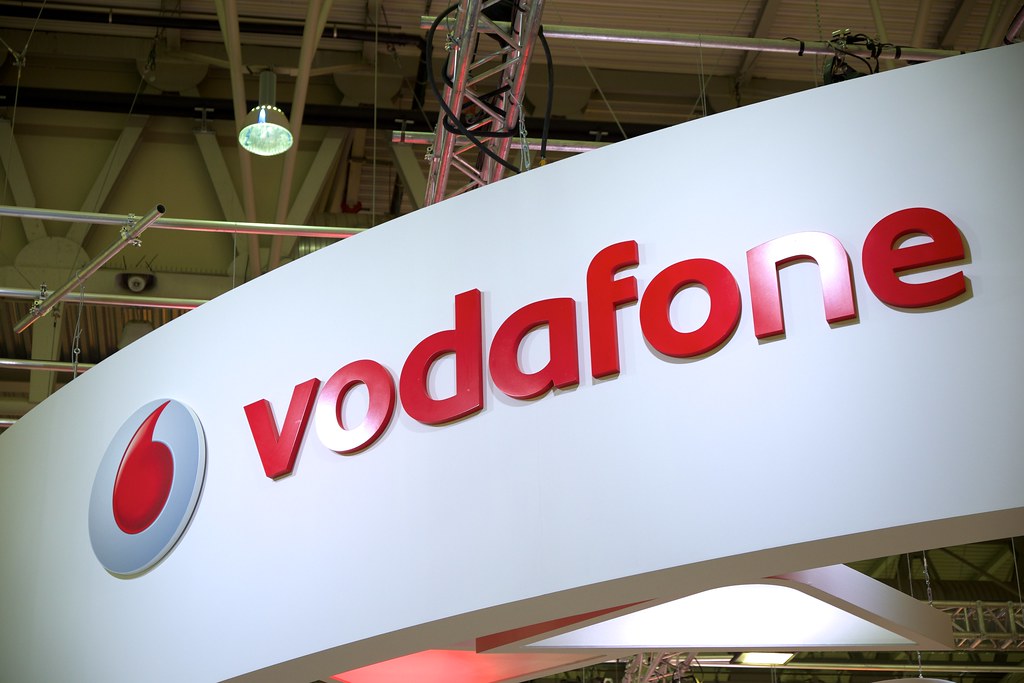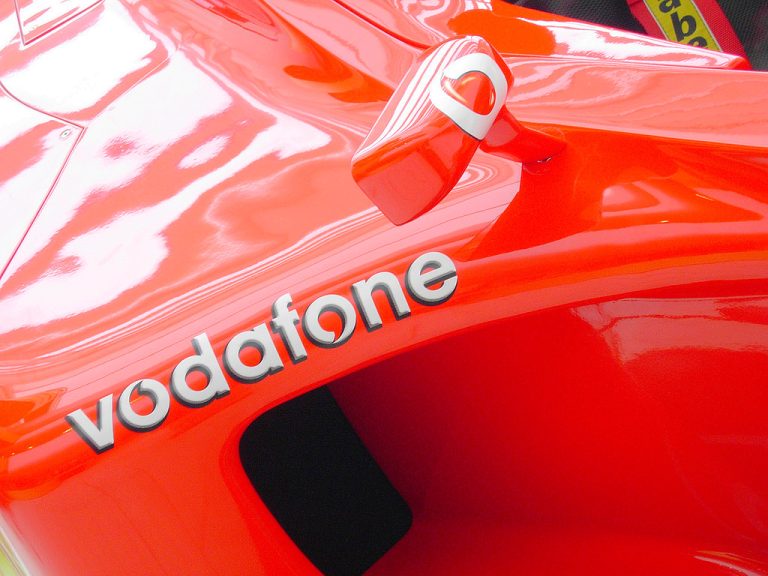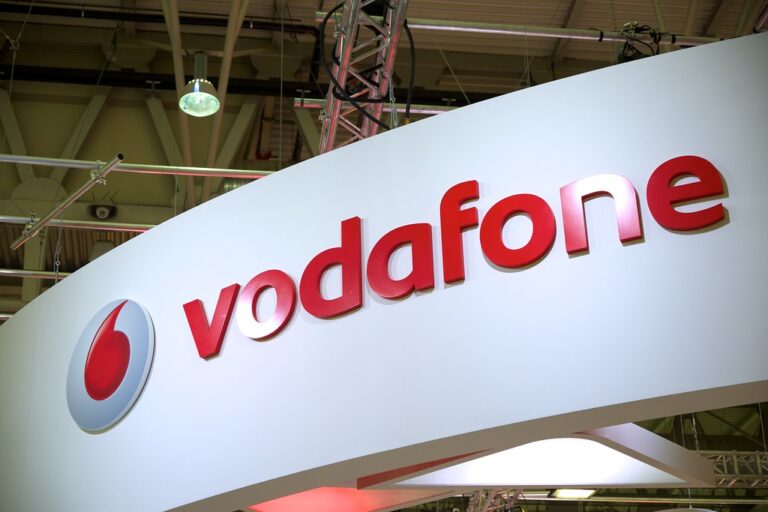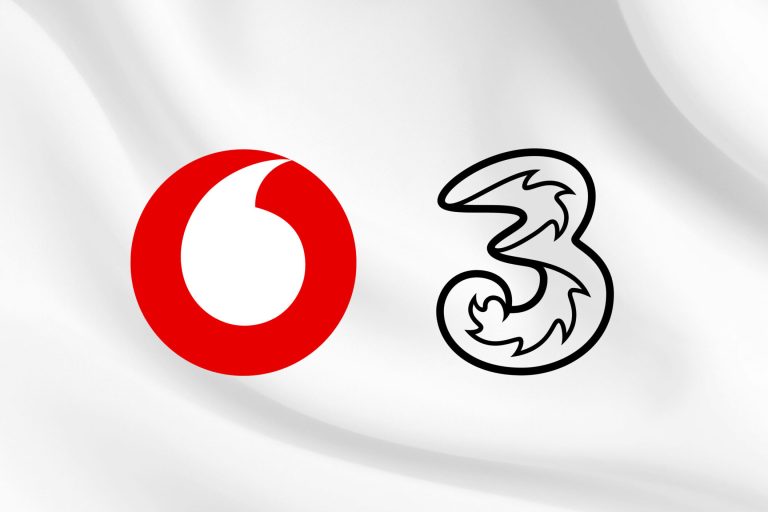Vodafone Group plc (LON:VOD) has committed to reducing the company’s total global carbon emissions to ‘net zero’ by 2040 and confirmed that its 2030 carbon reduction targets have been approved by the Science Based Targets initiative as in line with reductions required to keep warming to 1.5°C, the most ambitious goal of the Paris Agreement.
By 2030, Vodafone will eliminate all carbon emissions from its own activities and from energy it purchases and uses (Scope 1 and 2). Vodafone also pledged that by 2030 it will halve carbon emissions from Scope 3 sources, including joint ventures, all supply chain purchases, the use of products it has sold and business travel.
By 2040, Vodafone will have eliminated Scope 3 emissions completely – bringing forward by ten years Vodafone’s original 2050 ambition to reach ‘net zero’ across its full carbon footprint.
Vodafone Group CEO Nick Read said: “Vodafone believes in leading by example, so today we have pledged to become fully ‘net zero’ by 2040 and the Science Based Targets initiative has confirmed that our 2030 carbon targets are in line with the most ambitious goal of the Paris Agreement.
“We are committed to reduce our carbon footprint through improved energy efficiency, renewable energy supply, reducing our network waste and new environmental criteria when we select suppliers. Vodafone will also enable our customers to reduce their environmental footprint through use of our services, including the Internet of Things.”
Tom Delay, Chief Executive at the Carbon Trust, developers of ICT sector pathway and technical support to Vodafone’s target development, added: “The Carbon Trust is proud to have supported Vodafone in the creation of these ambitious targets aligned with the science and global ambitions required to keep global warming within 1.5°C. This strategy will put Vodafone on a clear path to a 1.5°C future and will be at the forefront of a sector taking a clear leadership role in reducing their emissions and enabling others to do so as well.”
Science-Based Targets
The Science Based Targets initiative (SBTi) is a collaboration between CDP, the United Nations Global Compact, World Resources Institute (WRI) and the World Wide Fund for Nature (WWF). The SBTi defines and promotes best practice in science-based target setting and independently assesses companies’ targets in line with the latest climate science.
Vodafone is one of over 500 companies to have their greenhouse gas emissions reduction targets validated by the SBTi. Vodafone has joined several leaders in this area by setting ambitious reduction targets that limit the increase in global warming to 1.5°C, in line with the most ambitious goal of the Paris Agreement goal to limit rises to 1.5°C above pre-industrial levels.
Vodafone is one of the first major telecoms operators to develop science-based targets that follow the pathway recently developed for the information and communication technology sector through a collaboration between ITU, GeSI, the GSMA, and the Science Based Targets initiative. The pathway sets out specific emissions reduction trajectories in line with climate science for companies operating mobile networks, fixed networks and/or data centres. Vodafone also met the required ambition thresholds of the absolute contraction approach defined by the Science Based Targets initiative.
Building on Vodafone’s previous commitments to the planet
Today’s announcement further supports Vodafone’s aim of building a digital society that enhances socio-economic progress, embraces everyone and does not come at the cost of the planet.
In 2019, Vodafone committed to purchasing all electricity from renewable sources, halving its environmental footprint by 2025 and reusing, reselling or recycling 100% of its network waste, supporting the move towards a more circular economy.
By no later than July 2021, Vodafone’s European network will be powered by 100% renewable electricity – creating a Green Gigabit Net for customers across 11 markets that will grow sustainably using only power from wind, solar or hydro sources.
In July 2020, Vodafone also announced an ambitious new target to help business customers who use its services reduce their own carbon emissions by a cumulative total of 350 million tonnes globally over 10 years between 2020 and 2030.
In September 2020, Vodafone became one of the first global companies to announce it would assess supplier commitments to the environment, diversity and inclusion when they tender for new work, with a supplier’s ‘purpose’ accounting for 20% of the evaluation criteria for a ‘Request For Quotation’ (RFQ). Vodafone’s updated RFQ process now examines whether suppliers have environmental policies to address carbon reduction, renewable energy, plastic reduction, circular economy and product lifecycle.
In May 2019, Vodafone issued its first €750 million green bond to finance or refinance projects to help meet the company’s environmental objectives, subsequently reporting which projects were eligible under the use of proceeds and how they were selected.
Vodafone’s Greenhouse gas (GHG) emissions and targets
| 2020 baseline | 2030 target | 2040 Net Zero target | |
| Scope 1 & 2 emissions | 1.84 million t CO2e | 100% reduction1 | 100% reduction |
| Scope 3 emissions | 11.9 million tCO2e | 50% reduction | 100% reduction |
1. Includes 5% reduction through carbon offsets.
Notes for Editors
Net zero definition
We define net zero as zero carbon emissions achieved by setting a 1.5°C Science Based Target for full value-chain emissions (scope 1, 2, & 3) and sequestrating remaining limited hard-to-decarbonise emissions with certified GGR (Greenhouse Gas Removals).
Carbon neutral definition
Neutral carbon emissions are achieved through a carbon reduction plan (with no precondition of having set a Science Based Target) and remaining emissions are compensated by purchasing carbon offsets that either result in carbon reductions, efficiencies or sinks.
Scope 3 carbon footprint boundary
Vodafone Group’s Scope 3 carbon footprint includes emissions from purchased goods and services, capital goods, fuel and energy-related activities, waste generated in operations, business travel, upstream leased assets, use of sold products and investments.








































